|
Last week, Uprising Magazine returned for the second consecutive year to the Southwest Popular/American Culture Association’s (SWPACA) 2021 conference. Given the public health crisis, the conference had moved to a virtual format in order to still provide attendees with their fill of research-based, cultural, Southwest-focused social projects. In February of 2020, four members of Uprising flew down to Albuquerque, New Mexico, to present and attend other sessions at this same conference. In preparation for a fully-virtual conference, this year’s five members took to weekly 7:00am Zoom meetings to create the direction and messaging for our presentation. Isaac Hackman (Co Editor-in-Chief), Cassie Hendrix (Co Editor-in-Chief), Melina Gotera (Editorial Director), Katie Maloney (Marketing Director) and Kalleigh Kress (Featured Member) made up the team of five student leaders presenting at the SWPACA conference. With a strong understanding of attendees' interest in addressing racial injustices, cultural disparity, and social issues, Uprising set out to share our college organization’s efforts towards advocacy and action.
As this conference attracts nationwide attendees, we started by providing context to the historical roots of the Waterloo Cedar Falls Metropolitan area. We explored the long-sowed division and racial/socioeconomic inequities and their roots in redlining and other systems of white supremacy. We cited the controversial USA Today feature labelling Waterloo as the "#1 Worst Place for Black Americans to Live" and the nationwide discourse sparked by the New York Times' 1619 Project, which was written and produced by Nikole Hannah Jones, who grew up in Waterloo. This information set the stage for several elements in Issue 10. Prior to this school year, Uprising leadership created and adopted a Commitment to Change, or Commitment Statement, to set the tone going forward in our continued work to produce a diverse, inclusive and welcoming publication environment. The statement is founded on three primary pillars --
Further, Uprising adopted a Land Acknowledgement statement into Issue 10 — with intentions to keep at the beginning of each issue going forward — to show respect towards Native and Indigenous People. The Land Acknowledgement recognizes the specific Native tribes that once populated the land our university resides on. Throughout this process, Uprising learned Land Acknowledgments should be a recognition of the wrongdoings of the past, and a celebration of an inclusive and welcoming future. Land Acknowledgement: Uprising would like to acknowledge the land on which we gather is the seized territory of the Ioway, Sauk, Meskwaki, Wahpeton and Sioux People. Indigenous lands weren’t ceded through efforts of “good faith” by the United States Government, rather they were stolen from Native and Indigenous Peoples through coercion and dishonesty. Both the State of Iowa and the United States Government carried out acts of genocide, ethnic cleansing and forced removal as ways to acquire land. Despite centuries of theft and violence, this remains Indigenous land — it will always be Indigenous land. Native and Indigenous People are not relics of the past. They continue to share their talents and gifts amidst a backdrop of ongoing colonialism. We celebrate you. #HonorNativeLand Uprising shared the impact of two individuals from Waterloo who sought out a collaborative relationship with UNI Textiles and Apparel Program director, Dr. Annette Lynch. They are Waterloo Mayor, Quentin Hart, and Waterloo Schools & Career Center Talent & Acquisition Specialist, Joy Briscoe. Their creative partnership with UNI TAPP was extended to Uprising with an opportunity to assist at the most recent Cedar Valley Fashion, Arts and Culture Expo. This event celebrates Black excellence and Greek Life, featuring local leaders, artists, singers, dancers, and creators. Uprising members got involved in shooting photos, video and other general assistance on set. Joy Briscoe was also an integral part of Issue 10’s ‘Sunday Best’ photoshoot and article, that featured photos and interviews with five award-winning local leaders: State Representative Ras Smith, Momentum Program Director Joyce Levingston, congressional staff member Ryan Stevenson, artist and motivator Nia "Shindigg" Wilder, and Waterloo Neighborhood Services Coordinator Felicia Smith-Nalls. ‘Sunday Best’ was shot in the empty historic Faith Temple Baptist Church — also known as Walnut Street Baptist Church — which was recently purchased by the local Habitat for Humanity chapter on behalf of the neighborhood. Smith, Levingston, Stevenson, Wilder and Smith-Nalls spoke on the intersections of faith, leadership, history and fashion in their own lives and work. Melina relayed her creative process, highlighting the importance of flexibility and leaning into the interviewee's narrative rather than imposing one. Melina ended our SWPACA presentation with a quote from Ras Smith, the youngest Black lawmaker in Iowa — and the son of Reverend Belinda Creighton-Smith — who grew up in the Faith Temple Baptist Church. As he walked around his mom’s office from half a lifetime ago, he pointed out clear memories of this space from the past, quoting it as a “muscle memory” embedded in his DNA. It was an honor for our group of student leaders to present on important topics that have been researched and learned as an organization over the past few months to a larger audience outside of our Iowa base.
0 Comments
Leave a Reply. |
AuthorsContributors to Uprising Magazine Archives
November 2021
Categories |
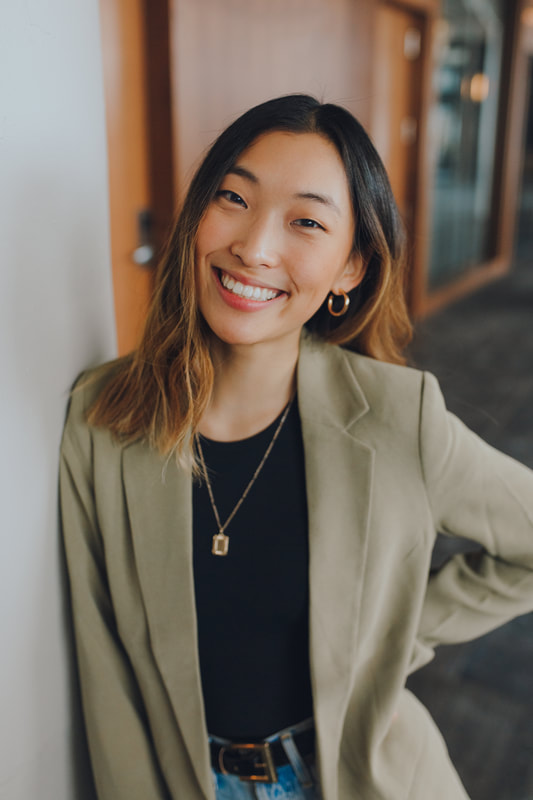
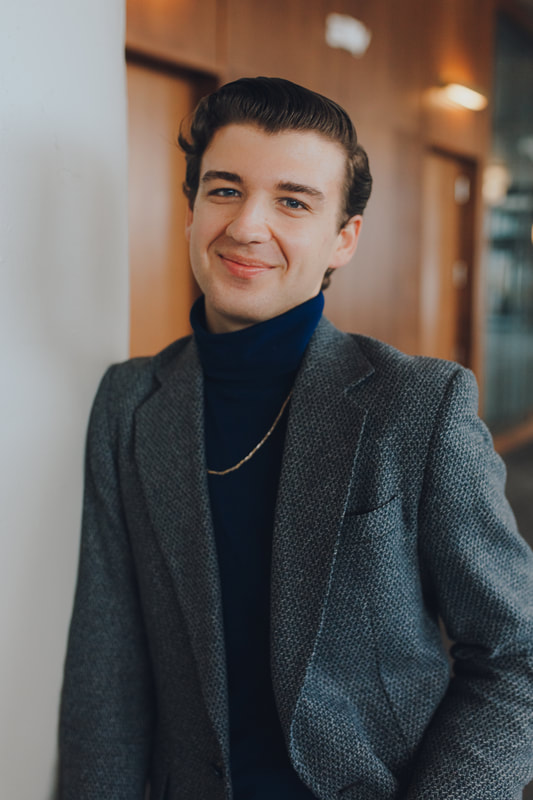
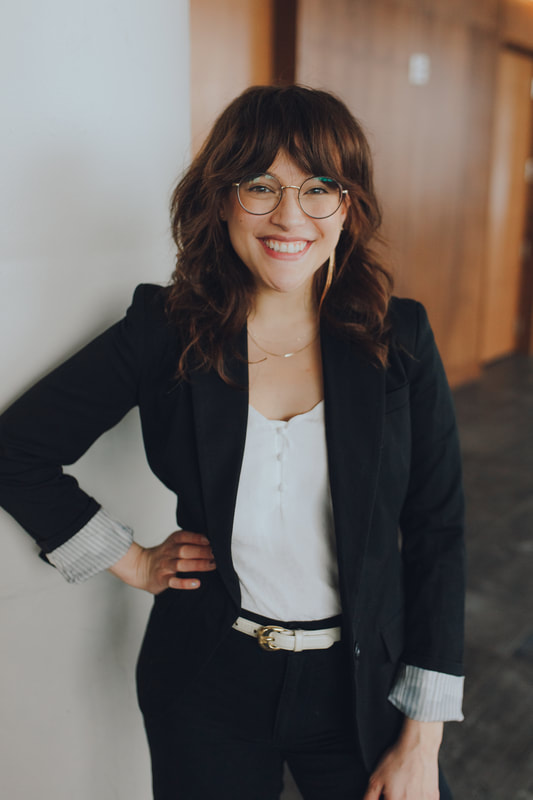
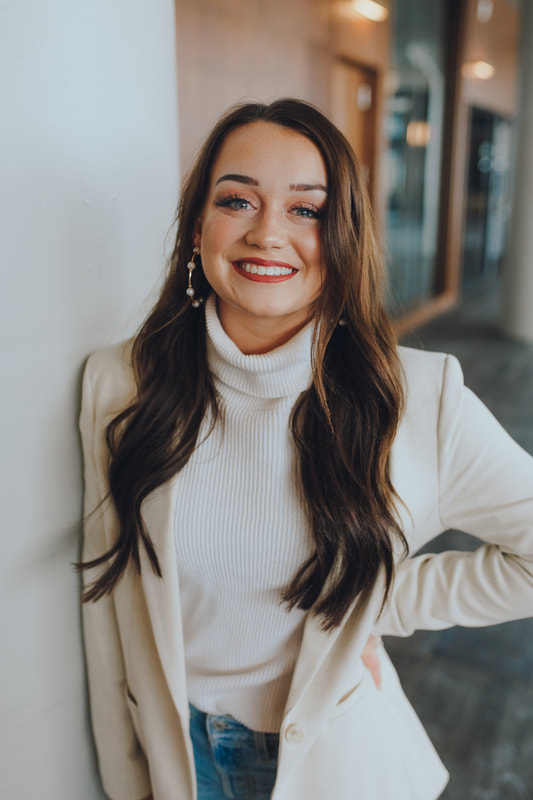
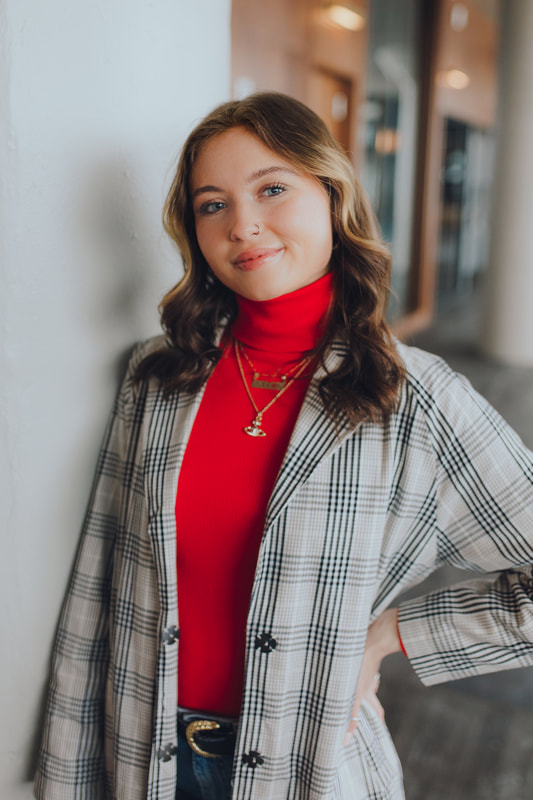
 RSS Feed
RSS Feed
